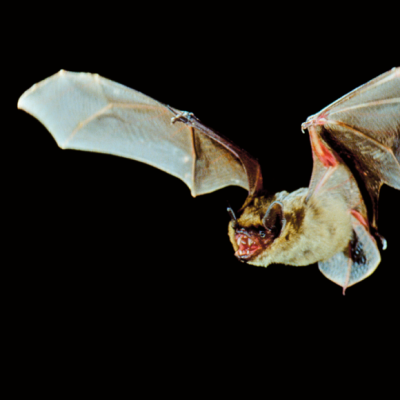A new study has revealed that 75% of bats and 34% of rats in Vietnamese animal markets are infected with coronaviruses. The research was conducted by a team of scientists led by Nguyen Quynh Huong from the Wildlife Conservation Society. The study, which was published in the journal PLOS ONE, was conducted before the Covid-19 pandemic and focused on all known coronaviruses. The researchers found that bats, which are considered the reservoir for all coronaviruses, were particularly susceptible to infection. The animals are not only consumed as food but are also bred for their guano, which is used as fertilizer.
The study found that 74.8% of the 313 bats tested were infected with coronaviruses, but most of the viruses did not cause any symptoms in the animals. However, the farms where the bats are bred are located near large cities, which means that humans could easily become infected if the animals carry zoonotic disease pathogens. The study also found that rats, which are consumed as food in Vietnam, are frequently infected with coronaviruses. The researchers discovered that the closer the rats were to the end consumer, the higher the percentage of infected animals. In the wholesale market, only 20.7% of the rats were infected, while in the markets, the percentage rose to 32.0%, and in restaurants, it was 55.6%.
Despite the high infection rates, the researchers emphasized that properly prepared animals do not pose a health risk to humans. The study highlights the importance of understanding the origins of zoonotic diseases and the role that animal markets play in their spread. The researchers suggest that measures should be taken to reduce the risk of zoonotic disease transmission in animal markets, such as improving hygiene and implementing stricter regulations.










